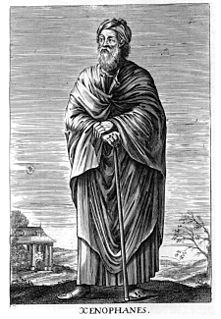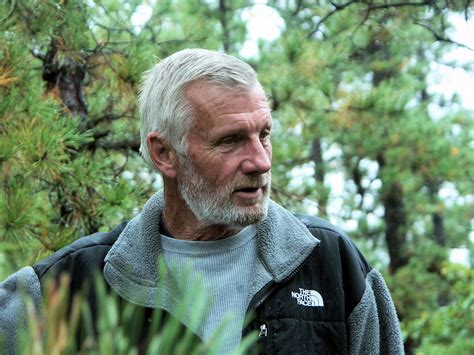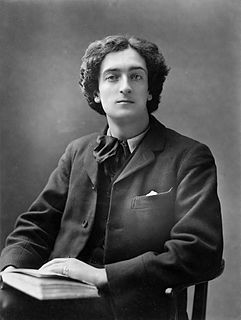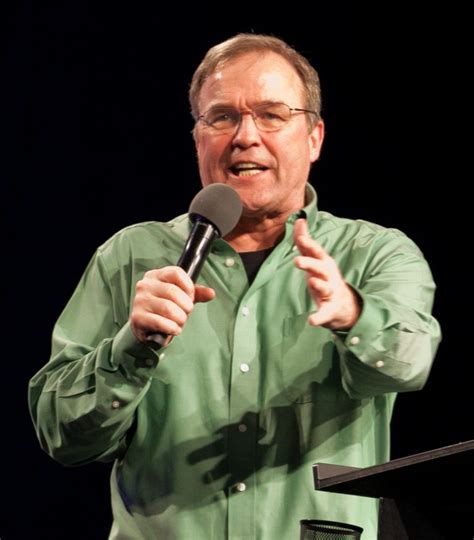A Quote by Homer
Heaven hears and pities hapless men like me, For sacred ev'n to gods is misery.
Related Quotes
It would be a thousand pities if women wrote like men, or lived like men, or looked like men, for if two sexes are quite inadequate, considering the vastness and variety of the world, how should we manage with one only? Ought not education to bring out and fortify the differences rather than the similarities?
Men create their own gods and thus have some slight understanding that they are self-fabricated. Women are much more susceptible, because they are completely oppressed by men; they take men at their word and believe in the gods that men have made up. The situation of women, their culture, makes them kneel more often before the gods that have been created by men than men themselves do, who know what they've done. To this extent, women will be more fanatical, whether it is for fascism or for totalitarianism.
To all of us the thought of heaven is dear -Why not be sure of it and make it here?No doubt there is a heaven yonder too,But 'tis so far away - and you are near.Men talk of heaven, - there is no heaven but here;Men talk of hell, - there is no hell but here;Men of hereafters talk, and future lives,O love, there is no other life - but here.
God intends us to be like gods, he intends us to be like the Son of God. ... God has conceived in His heart of a plan to make a race of men that would live like gods on the Earth. He has conceived in His heart to have Sons that would live like His Son, the Lord Jesus lived... That we were to be on earth the extension and manifestation of God's life in heaven.
But there is another and greater distinction for which no truly natural or religious reason can be assigned, and that is the distinction of men into kings and subjects. Male and female are the distinctions of nature, good and bad the distinctions of heaven; but how a race of men came into the world so exalted above the rest, and distinguished like some new species, is worth inquiring into, and whether they are the means of happiness or of misery to mankind.
There is one god, greatest among gods and men, who bears no similarity to humans either in shape or thought... but humans believe that the gods are born like themselves, and that the gods wear clothes and have bodies like humans and speak in the same way... but if cows and horses or lions had hands or could draw with the hands and manufacture the things humans can make, then horses would draw the forms of gods like horses, cows like cows, and they would make the gods' bodies resemble those which each kind of animal had itself.
Love is the magician, the enchanter, that changes worthless things to joy, and makes right royal kings and queens of common clay. It is the perfume of that wondrous flower, the heart, and without that sacred passion, that divine swoon, we are less than beasts; but with it, earth is heaven, and we are gods.

































